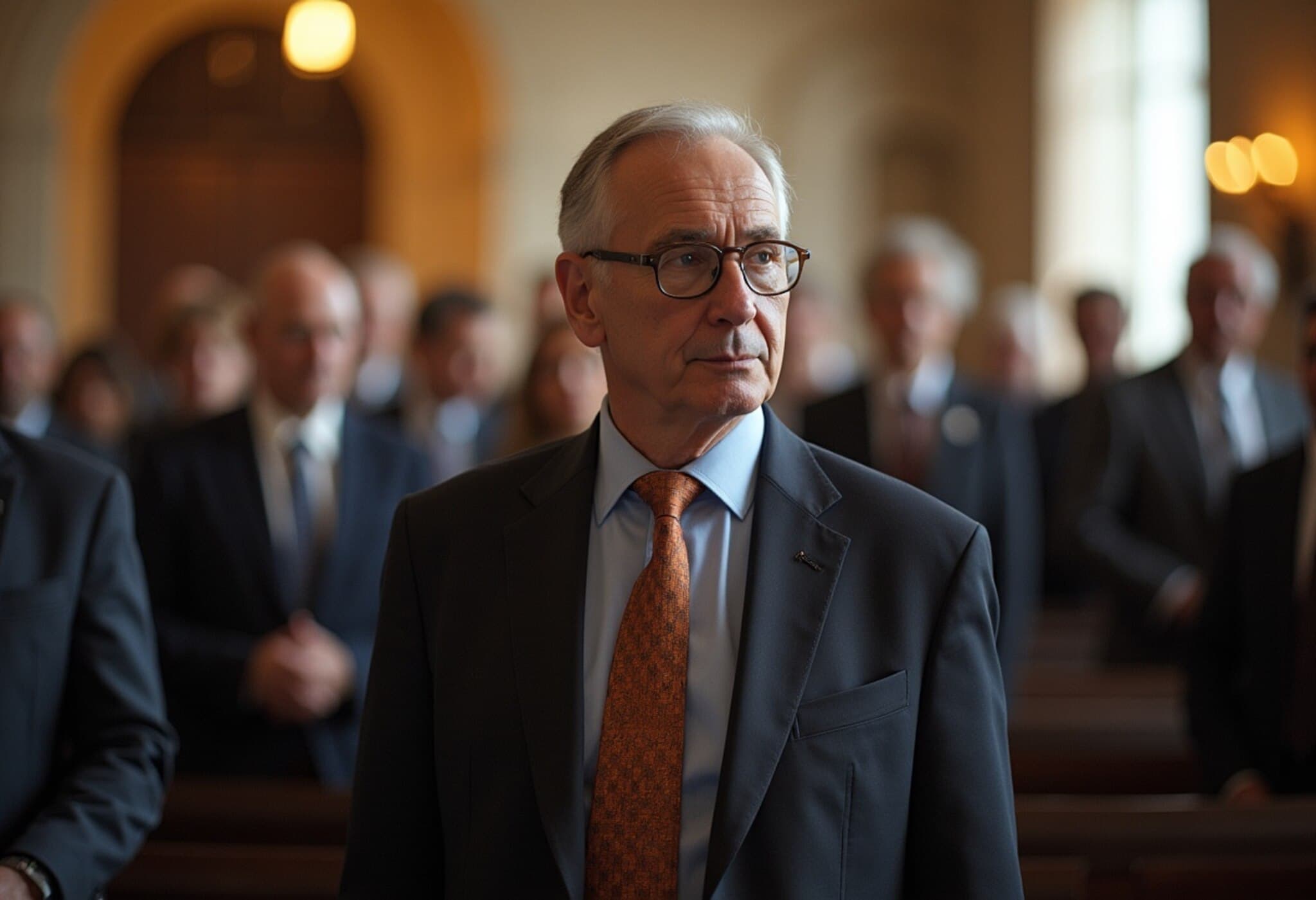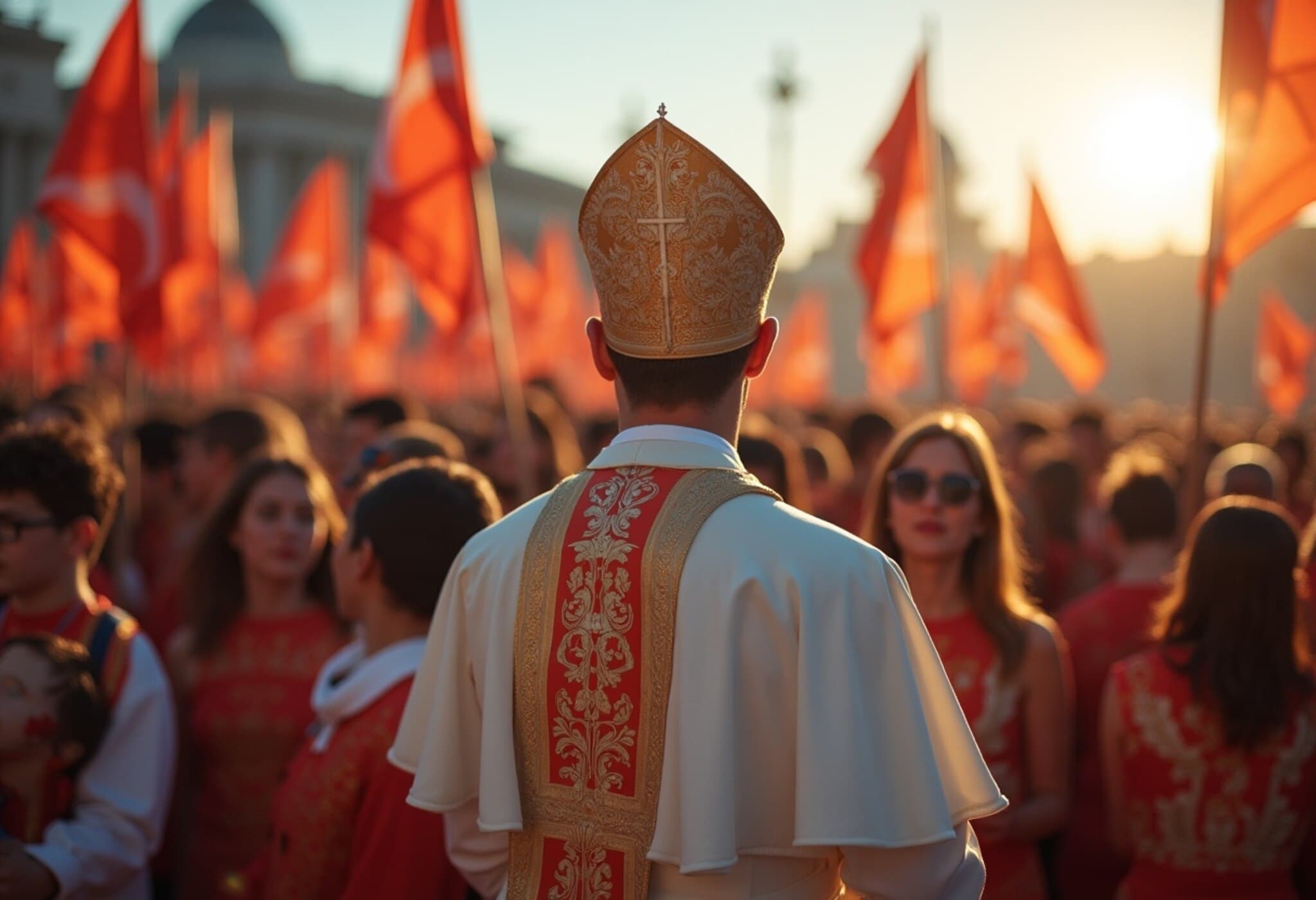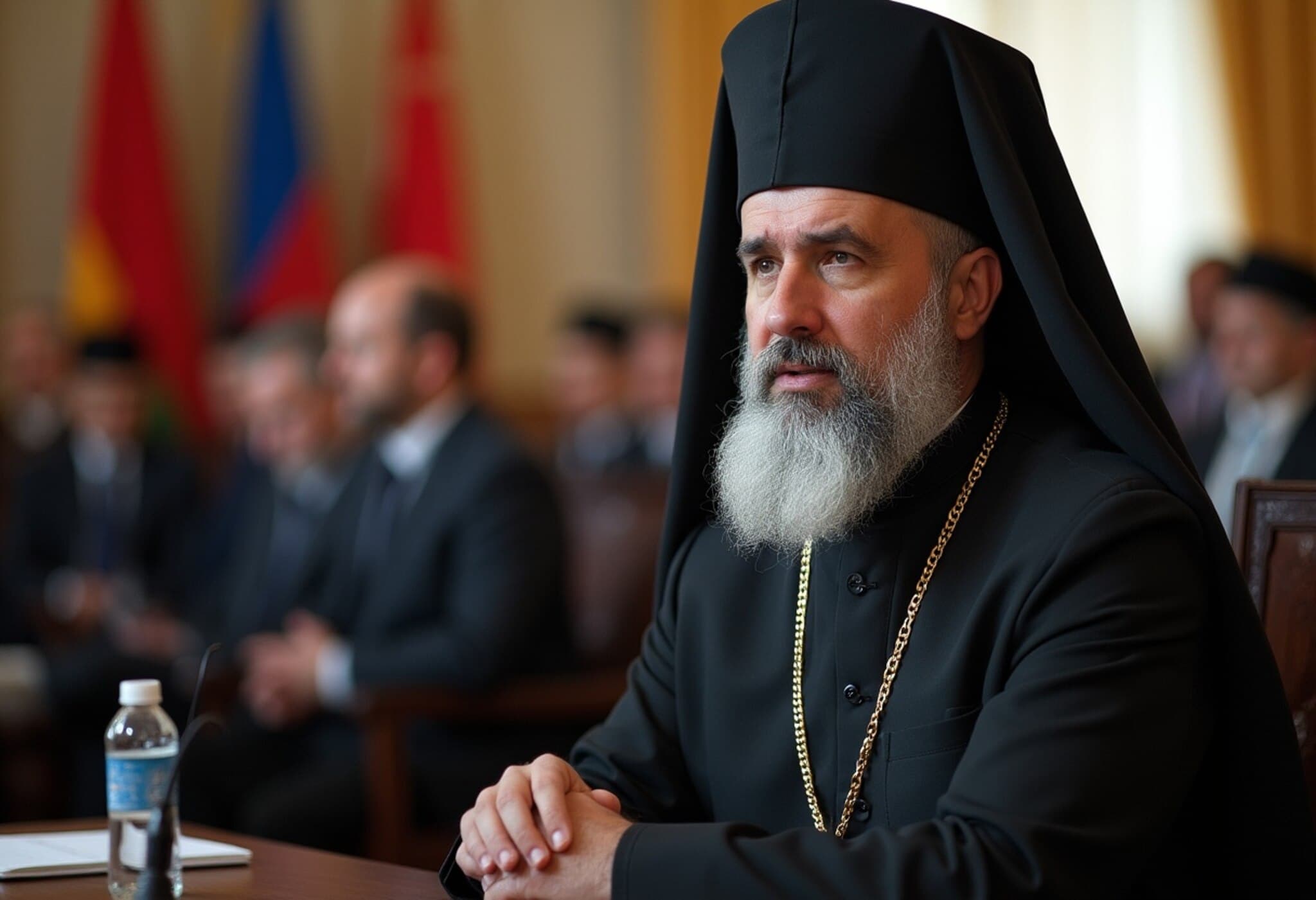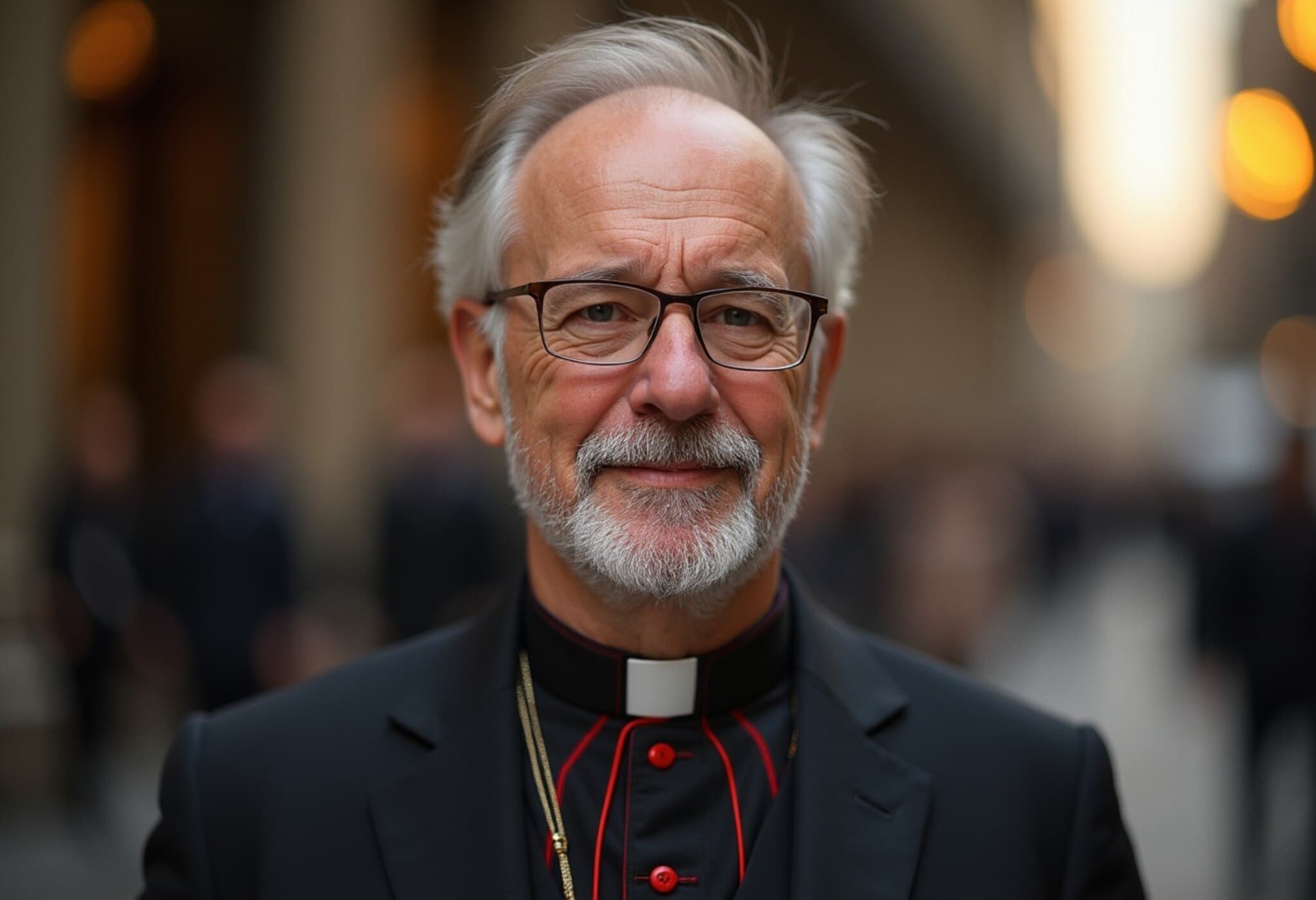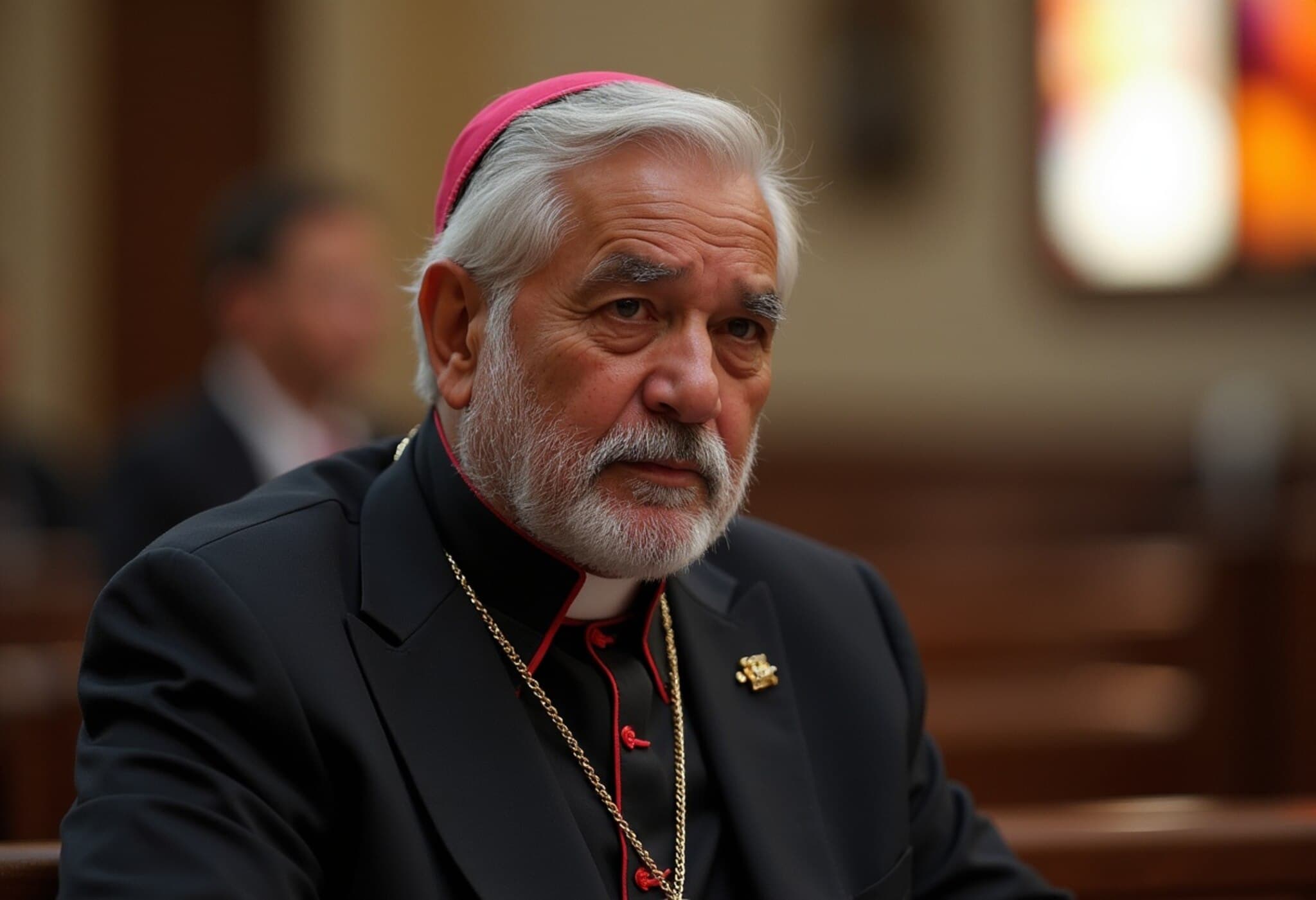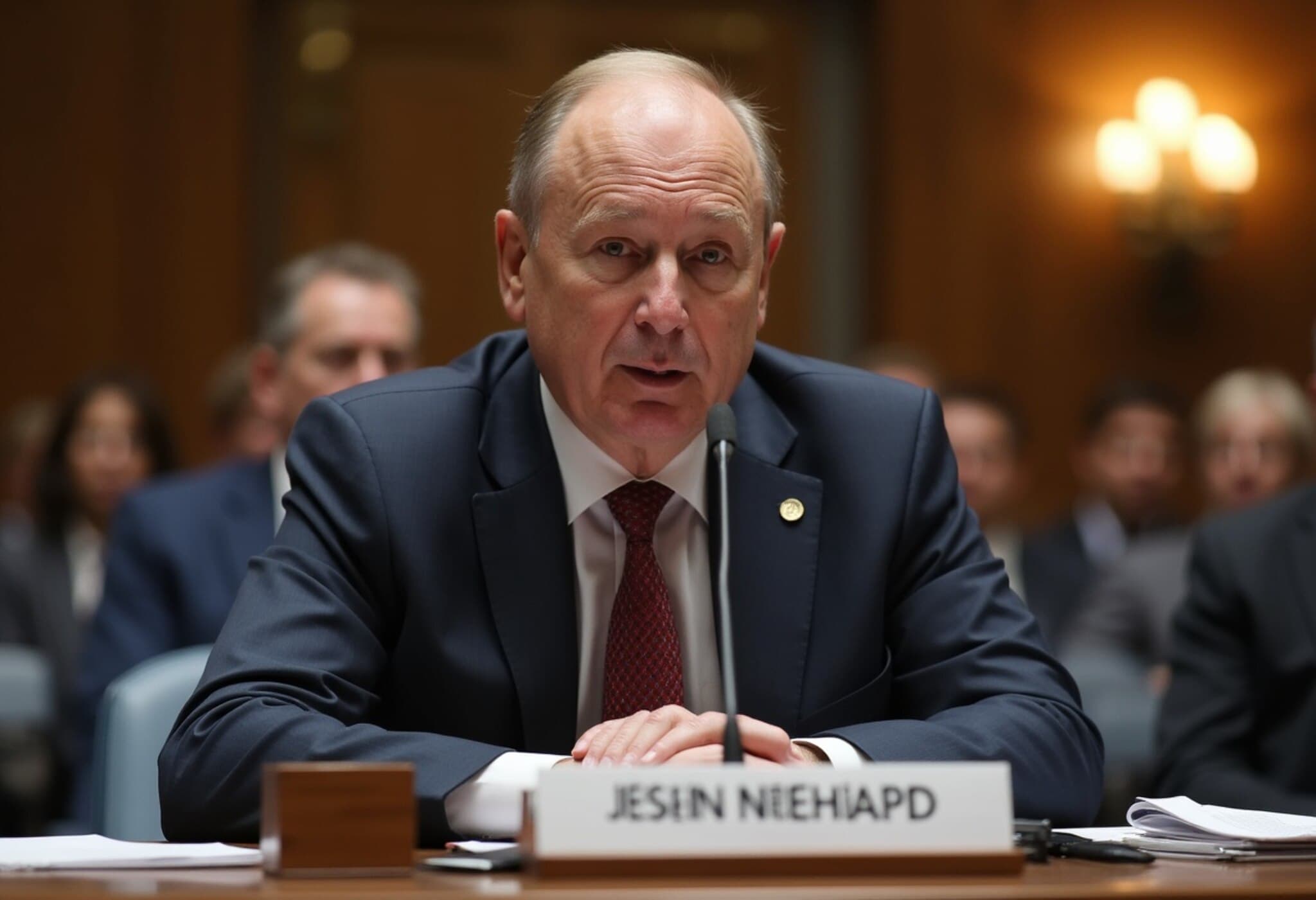Largest US Reconstructionist Synagogue Breaks Away Over Israel Stance
In a decision that reverberates across American Jewish communities, the largest Reconstructionist synagogue in the United States has formally withdrawn from the Reconstructionist movement. This move signals rising tensions regarding the movement’s approach to Israel, highlighting deeper divides within progressive Jewish circles and academic institutions.
Understanding the Departure
Reports originating from the Times of Israel reveal that the synagogue’s leadership grew increasingly concerned about what they saw as a permissive or insufficiently critical stance within the Reconstructionist movement towards anti-Israel sentiments. The decision reflects a profound dissatisfaction with how the movement has engaged with the Israeli-Palestinian conflict, a subject that has become particularly divisive within Jewish communities worldwide.
- Key Reason: The synagogue cited a failure to adequately address or counter rising anti-Israel hostility within the movement.
- Community Impact: The move stirs conversations about identity and political alignment among American Jews navigating their faith and values.
Campus Climate and Broader Context
Beyond the synagogue walls, the controversy reflects broader societal dynamics, especially on university campuses. Pro-Israel students have reported increased feelings of isolation and hostility, particularly after organizing pro-Israel groups following the escalations on October 7, 2024.
These campus tensions were underscored by Harvard University's Presidential Task Force final report published in April 2025. The comprehensive study detailed episodes of antisemitism and bias against Israel-affiliated students, revealing complex intersections of religion, race, and political identity:
- Among Jewish students, experiences of exclusion and bias varied widely based on personal affiliations and backgrounds.
- The findings spotlight an urgent need for institutions to foster more inclusive and nuanced dialogues.
Expert Perspective: What This Means for American Judaism
Dr. Rachel Stein, a scholar in American Jewish Studies at a leading university, offers insight: "This schism within the Reconstructionist movement mirrors a larger identity challenge facing American Judaism. The balance between progressive values and support for Israel is becoming increasingly precarious, forcing communities to reevaluate their allegiances and definitions of solidarity."
She adds, "The synagogue’s departure is emblematic of a tipping point — one that beckons not only religious but also social leaders to engage in meaningful and empathetic conversations around Israel's complex realities and communal unity."
What Lies Ahead?
This episode could presage further realignments within Jewish organizations, with potential ripple effects on interfaith dialogue, political advocacy, and educational programming nationwide. Navigating the intersection of faith, identity, and geopolitics remains a delicate task, made more urgent by rising polarization both within communities and the broader public discourse.
Editor’s Note
The withdrawal of the largest Reconstructionist synagogue from its movement is more than a denominational footnote—it reveals the shifting landscape of American Jewish identity amid geopolitical strife. This case underscores pressing questions for policymakers, community leaders, and academics: How can Jewish institutions foster unity while honoring diverse perspectives on Israel? What measures can campuses adopt to ensure all students feel safe and respected? As these debates evolve, the answers will shape the future of Jewish communal life and American religious pluralism.

